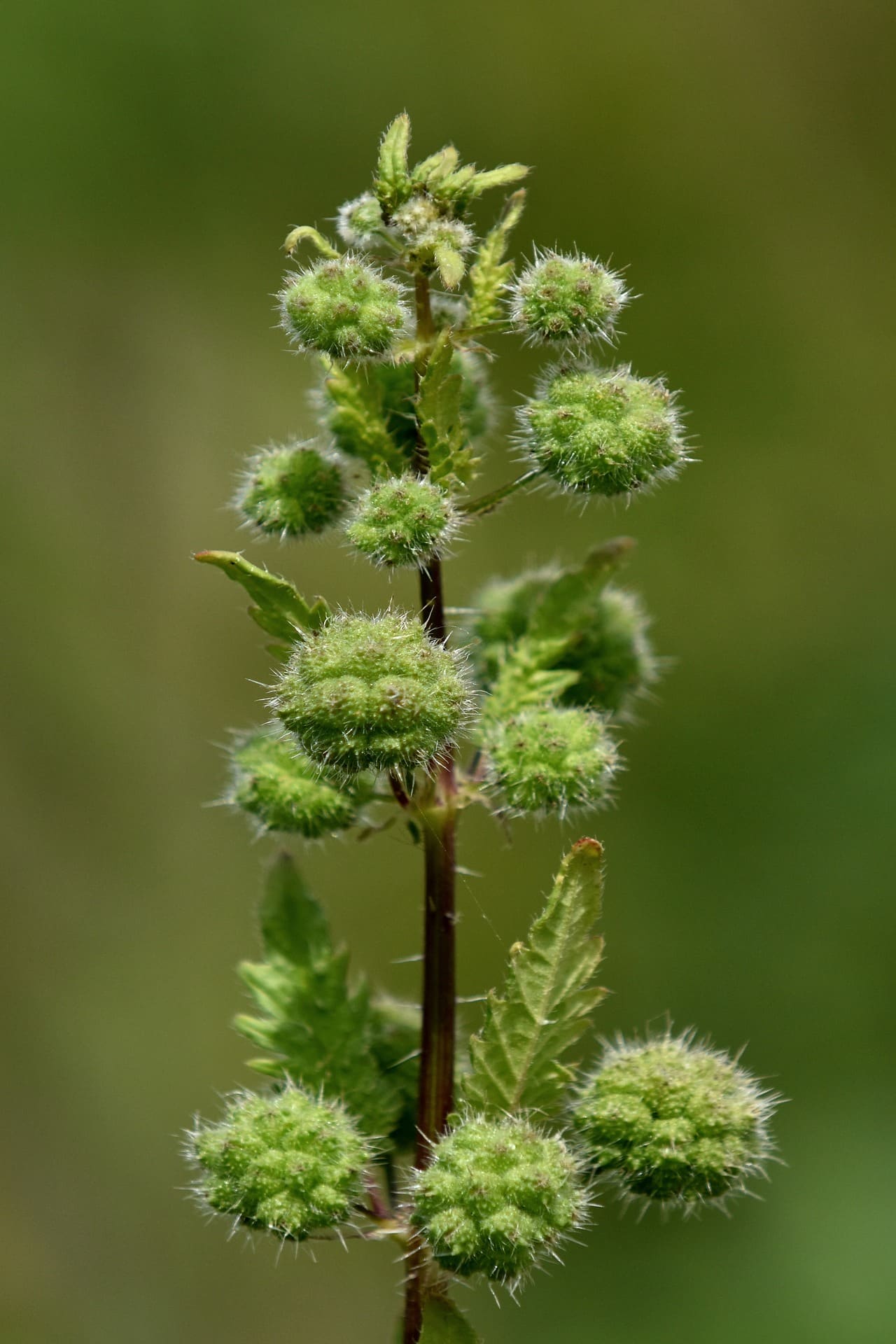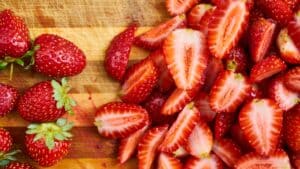A new study is showing that cannabidiol (CBD) and sodium alginate can be turned into an edible antimicrobial coating that can potentially extend food shelf life, according to a release. CBD is a non- hallucinogenic compound derived from cannabis.
CBD has the potential for therapeutic impacts which has lead to its popularity, but it also shows antioxidant and antimicrobial properties. The researchers in the study found that in some studies, CBD limited bacteria and pathogenic fungi growth which is what can cause fruits and vegetables to rot. Pongpat Sukhavattanakul, Sarute Ummartyotin and fellow researchers created a food coating with CBD-filled nanoparticles to see if the antimicrobial activity could extent the shelf life of strawberries.
The research team used a biodegradable polymer to encapsulate the cannabidiol. The solution was then mixed with sodium alginate in water and the strawberries were submerged in the solution. The strawberries were then dipped into a mix of ascorbic acid and calcium chloride — the second mixture turned the original solution into a gel.
The study compared the coated strawberries to the control strawberries after 15 days finding less ripening and decaying. The coating with more CBD-loaded nanoparticles kept the strawberries color the best as well as offering the most antimicrobial protection during the storage time. The researchers agreed these results show the potential of antimicrobial coating for active food packaging to increase product shelf life.
The study was published in ACS Applied Materials & Interfaces.












